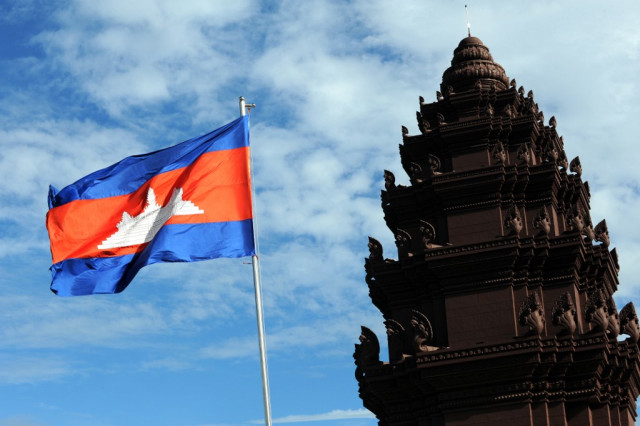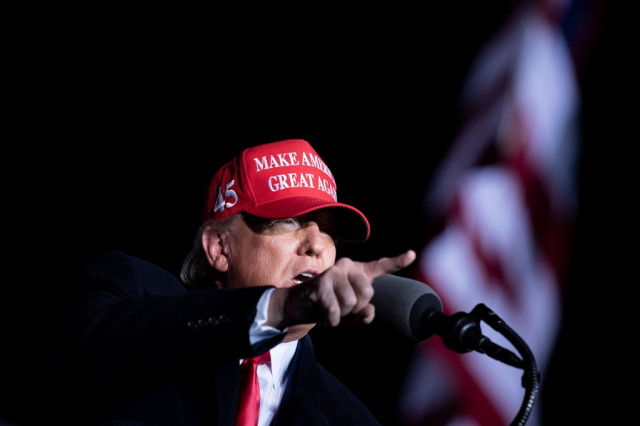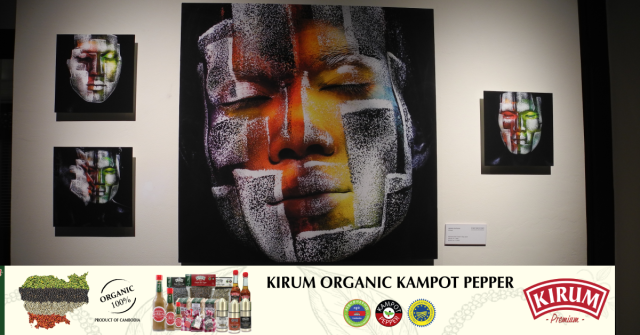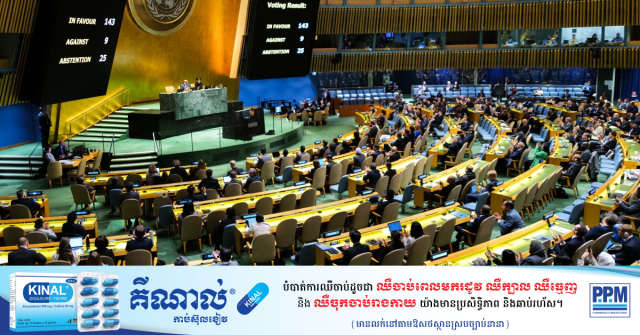Why “Foreignism”? Why not “Khmer-ism”?

- Lim Tola
- February 17, 2020 8:31 AM
Khmer people should take more pride in their language, their culture and their heritage.
Phnom Penh: Centuries earlier, the Khmer race was a race of glory and fame. The ancient Khmers did what the neighboring nations could only dream of; constructing gigantic, sophisticated systems of cities and temples. A civilization that produced many of the cultural legacies that still survive today. The Khmer race was idolized, respected and followed by many, however, things have changed over the course of history. Many of Khmers seem to have lost both interest and belief in the “Khmer-ism” that was so respected in the past. So what changed?
In the old age, prosperity was enjoyed throughout many aspects of Khmer society, from economic to politics and culture. Sometimes later, civil wars broke out and the invasion from the outsiders somehow dragged the Khmer kingdom down and slowly reduced its influence and power bit by bit. The outsiders began to show dominance. This gradual reduction in power has led some Khmer people to give up their belief in themselves, and they started to view the outsiders as more compatible, and more advanced than themselves. The emergence of this ideology has been coined as “Foreignism” by those who have studied this phenomenon.
Even though we often narrow our view to that period following the 1990s, we can clearly observe the mentality and the emotion regarding the appreciation of foreign things more than that of the things that belong to Khmer culture. Products with foreign names written in foreign languages have ended up being more popular and more recognizable than the products that bear Khmer names. Businesses with foreign names tend to attract more customers than their Khmer counterparts. Schools with foreign titles have a better chance of attracting more students than schools which host Khmer names. You get the idea. Some Khmer people believe that the foreigners are more intelligent than themselves, even though the signs and the level of education available to each indicates that they are similar or the same in terms of knowledge. Some foreign mindsets are thought to be better than the Khmer alternatives. Some foreign achievements are valued higher than the achievements of the Khmer. In some cases, the Khmer themselves do not even want to value their own achievements.
The mindset of Foreignism does not only occur in public places, but it also finds itself thriving inside the mindset of each unit within society; the households. Bestowing upon children a foreign name has become a sort of trend. The valuable and meaningful national names are being steadily forgotten over time. Foreign languages have become the fundamental way of communicating inside the house. The choice of purchasing foreign products over the local ones, foreign medical checkups over the medical checkups done by Khmer staff, foreign cuisine favored over Khmer cuisine, foreign equipment presumed to be better quality than the locally made equivalents. In short, people believing in Foreignism are losing the belief in “what their own nation could offer”.
In reality, people with this mindset cannot be blamed for what they think, particularly during a period when the local products are simply not good or capable enough to serve the market and compete with their rivals from across the borders. This incapability further weakens the people’s desire to put trust in local achievements. This is the reality and it is reasonable enough not to be conflicted. But the question is, should the Khmer people really want to go on valuing foreign achievements over their own until the end of time?
As per the laws of nature, permanence is an impossibility. In the context that is mentioned above, Khmer people can start switching their perspective to allow more room for the appreciation and support of Khmer-ism. First, the Khmer service providers have to bring about improvements. Second, the Khmer service providers have to include a sense of Khmer-ism into their services or products to generate a sense of ownership and pride. Third, the Khmer manufacturers should implement the usage of local names, put simply, we have to value Khmer names on Khmer products. Fourth, Khmer consumers should value products that showcase the Khmer identity, and is finally able to let go of the idea that Khmer products are always inferior toward the foreign products. The Khmer can be as capable as foreigners. The Khmer people can lead just as well as foreigners.
In summary, for the pride of Khmer, the Khmer people have to think, do and support what belongs to us. The Khmer people have to think and make it happen. Praise on what we have brought into existence. The younger Khmer generation have to thrive more on the idea of “Khmer-ism” and slowly, but surely allow the idea of Foreignism to fade away over time. Yet, we can allow some aspect of foreignism to be maintained on what we, the Khmer, still lack behind and, at the very same time, avoid the close-mindedness that always expresses the unconditional superiority of foreign ideology and achievements. To be fair, we will never forget the good points that have been achieved by foreigners as well.

















